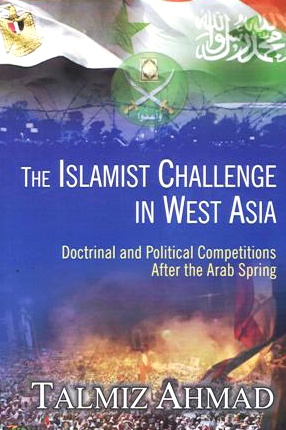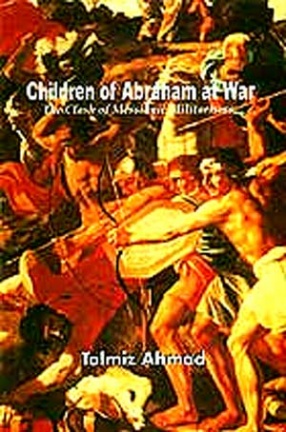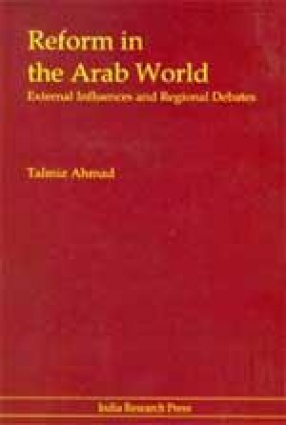Following the Arab Spring, the West Asia-North Africa (WANA) region is witnessing interactions between the various strands of Islamism-Wahhabiya in Saudi Arabia; the Muslim Brotherhood in Egypt and its affiliates in other Arab countries, and the radical strand represented by Al?Qaeda and its associated organisations-in an environment of robust competition and even conflict. After a long period in opposition, some Islamists are facing the challenge of democratic governance, with the principal protagonists attempting to define their vision, agenda and institutions in terms that would reconcile the aspirations of their citizens for a modern political and economic order that would also respect their religious traditions. In this endeavour, the Islamists are in competition not only amongst themselves but also with non-religious groups representing liberal-secular elements and the armed forces representing the anciens regimes and seeking to affirm the political status quo.
This work examines these issues in some details. It provides an overview of the political aspects of Islamic law, the Sharia, as it evolved from early Islam and, over the last two hundred years, experienced the impact of Western colonialism. After looking at the development of political Islam in a historical context, it examines contemporary political competitions across WANA, particularly in Egypt and Syria, and offers prognoses pertaining to domestic and regional scenarios. Finally, it discusses some of the larger challenges the Arab Spring poses for Islamist discourse, particularly with regard to accommodating the Sharia and a democratic order in a reformed Arab polity.
This book draws on a rich variety of source material which has been embellished by the author`s extensive diplomatic experience in the Arab world over three decades.





There are no reviews yet.